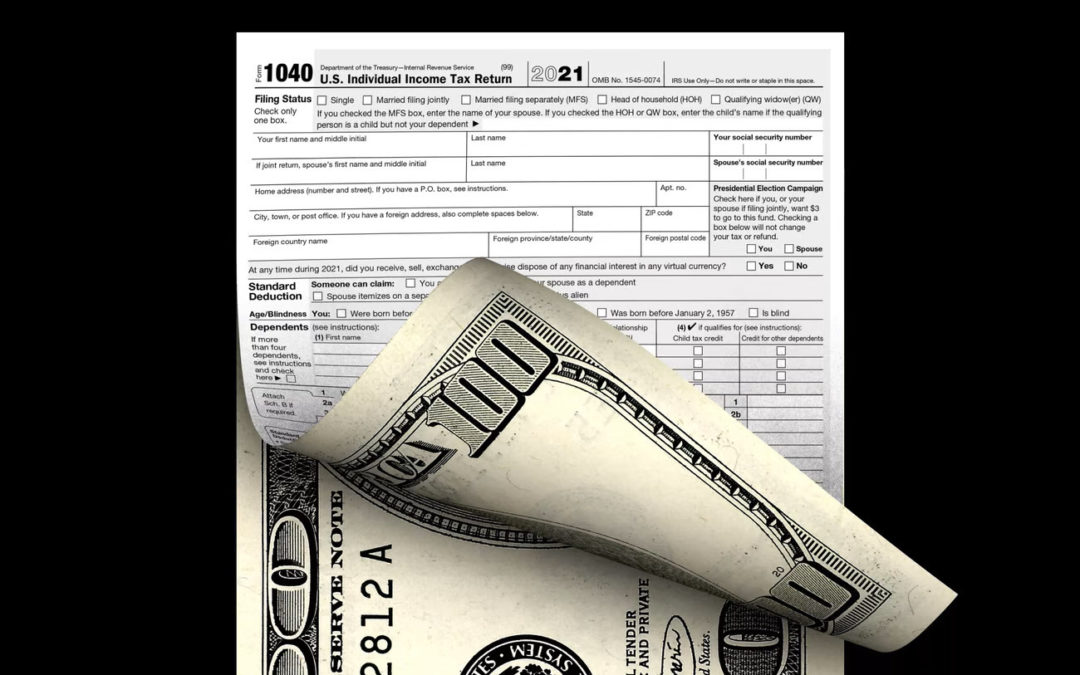If you attended our recent webinar on the Inflation Reduction Act, you know the IRS is getting over 80 billion dollars in funding to improve compliance. Therefore, you can expect more audits in the coming years.
One way to trigger an IRS audit is the failure to pay the owners reasonable compensation.
Many businesses can gain from the S Corporation election because it enables the owners to split their income into salaries and shareholder distributions, which saves them money on payroll taxes. Owners can save money by just having to pay payroll taxes on wages, not shareholder distributions.
The IRS closely monitors an S Corp’s dividend payouts to ensure businesses aren’t trying to avoid paying payroll taxes since some business owners may disproportionately divide salary and distributions.
What is Reasonable Compensation?
S Corp owners are required to give each shareholder-employee “fair compensation” in exchange for any services rendered by the shareholder-employee. “The IRS defines reasonable pay” as “the value typically paid for like services by like firms under like conditions.”
Consider reasonable compensation, the salary an experienced employee would ask to replace you.
So, paying owners/shareholders reasonable compensation can help your company stay on the right side of the IRS.
What Happens If An S Corp Does Not Pay Salary?
If an S Corp owner attempts to evade payroll taxes by disguising salaries with distributions, they can face up to 100% plus negligence penalties.
How To Determine A Reasonable Salary
Some formulas are good starting points to determine a reasonable salary. However, the IRS will call foul play if you don’t pay a reasonable salary similar amount to that of others in your field.
Determining The Best Course Of Action
Running an S Corp can save money on taxes by avoiding double taxation. However, with significant tax savings comes even greater responsibility. You must understand how to pay yourself and prevent suspicion from the IRS.
If the IRS deems the salary, you’re paying yourself unreasonably, and the penalties can be painful.
Book your free consultation here to avoid the 100% penalty and learn more about what amount is deemed reasonable for your business.


